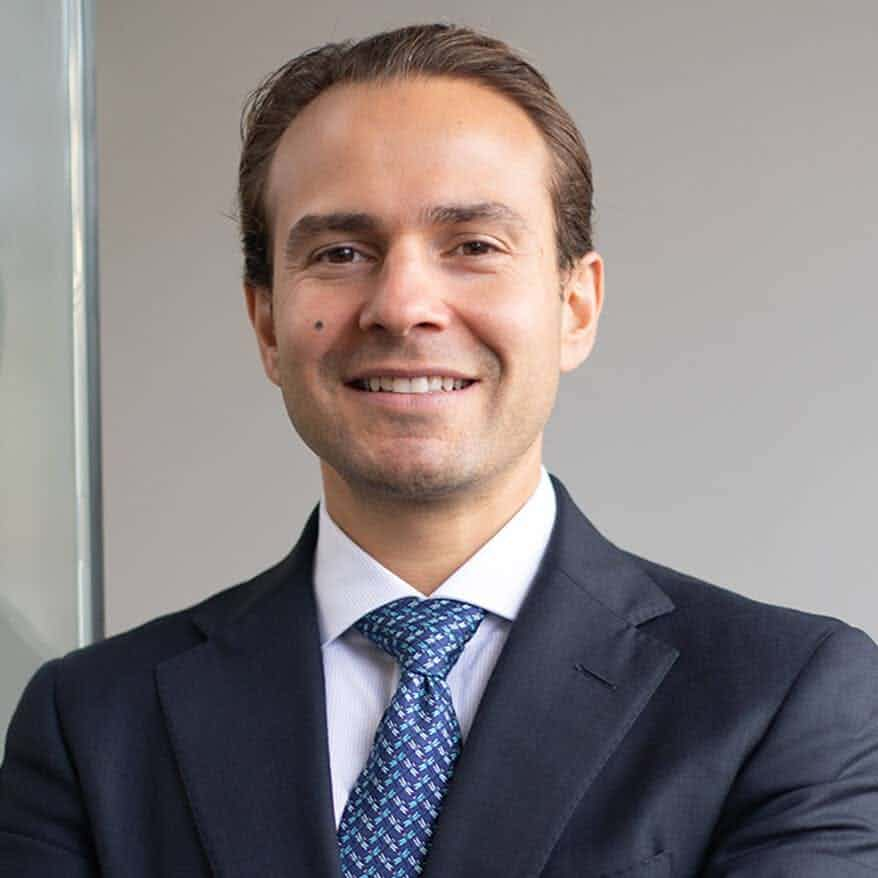This case involves a severely obese male weighing over 400 pounds with a past medical history of HTN, CAD, and Diabetes who was admitted to hospital for elective sleeve gastrectomy. After being discharged to his home the patient immediately complained of nausea and diarrhea. He proceeded to call the surgeon who advised him to take antibiotics. The intra-operative notes do not indicate that a running of the bowel was performed. The intra-operative notes further indicate a laceration of the liver from the retractor. Radiographic testing revealed dilation of the small bowel with evidence of a small bowel obstruction and possible small bowel ischemia. The patient went into renal failure and was diagnosed with a severe C-difficile infection. The surgeon performed an exploratory laporotomy for resection of the bowel. The surgeon identified bowel necrosis, fibrinous exudate on much of the bowel and identified a perforation. The patient died due to complications of C-Diff and malnutrition due to resection of a significant amount of bowel.
Question(s) For Expert Witness
1. Is the failure to run the bowel a departure from good and accepted medical practice following elective sleeve gastrectomy?
2. Was this patient a viable candidate for elective sleeve gastrectomy?
Expert Witness Response E-004817
If the surgical note indicates that there was a laceration during the procedure and some bleeding was noticed to be coming from an unidentified source, then it would indeed be a failure not to run the bowel to identify and stop the bleed. Contraindications to bariatric surgery include illnesses that greatly reduce life expectancy and are unlikely to be improved with weight reduction, including advanced cancer and end-stage renal, hepatic, and cardiopulmonary disease. This patient was severely obese and seemed to have multiple comorbidities but I do believe that the benefits of proceeding with this surgery far outweighed the risks.
About the author
Michael Talve, CEO
Michael Talve stands at the forefront of legal innovation as the CEO and Managing Director of Expert Institute. Under his leadership, the Expert Institute has established itself as a vital player in the legal technology arena, revolutionizing how lawyers connect with world-class experts and access advanced legal technology. Michael's role involves not only steering the company's strategic direction but also ensuring the delivery of unparalleled intelligence and cutting-edge solutions to legal professionals. His work at Expert Institute has been instrumental in enhancing the capabilities of attorneys in case preparation and execution, making a significant impact on the legal industry's approach to expert consultation and technological integration. Michael's vision and execution have positioned the Expert Institute as a key facilitator in the intersection of law and technology.



